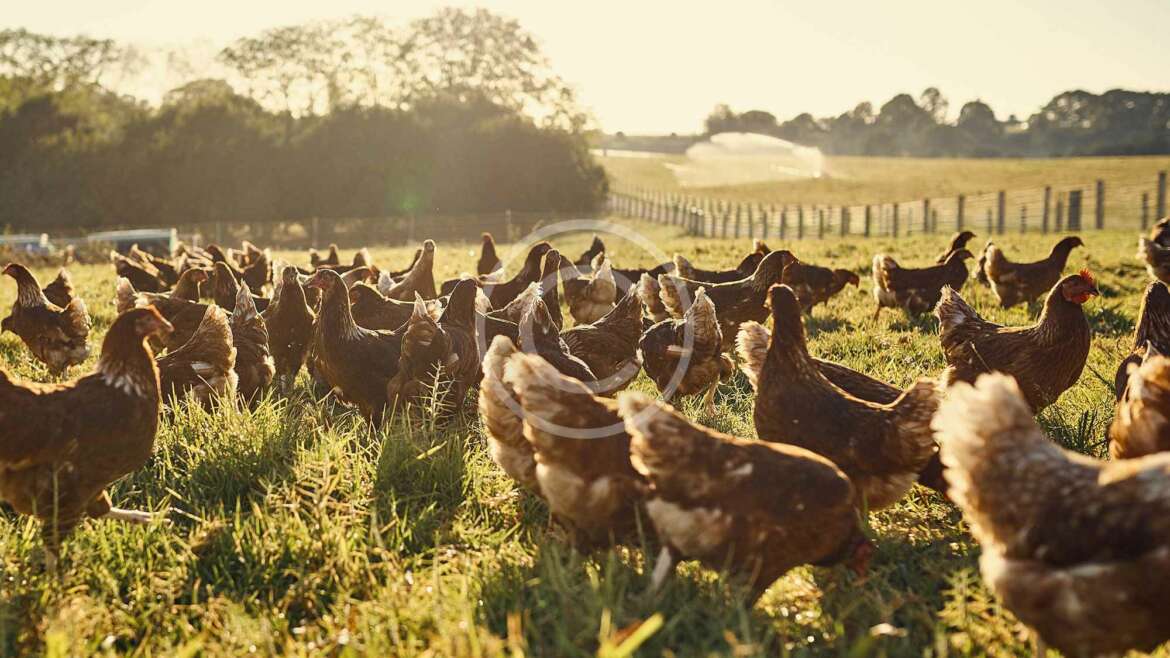Free-range chickens are provided with a living environment that allows for natural behaviors such as pecking, scratching, and wing-flapping, leading to significant improvements in their physical and mental well-being. This practice often results in poultry products of a higher nutritional value, characterized by an enhanced profile of omega-3 fatty acids and a lower level of cholesterol, derived from the birds’ diverse diet. Furthermore, free-range systems typically ensure better air quality and lower stocking densities, significantly reducing the risks of disease transmission and the need for antibiotic use when compared to conventional rearing methods. In turn, these benefits contribute not only to the health of the chickens but also to that of consumers and the sustainability of farming practices.

